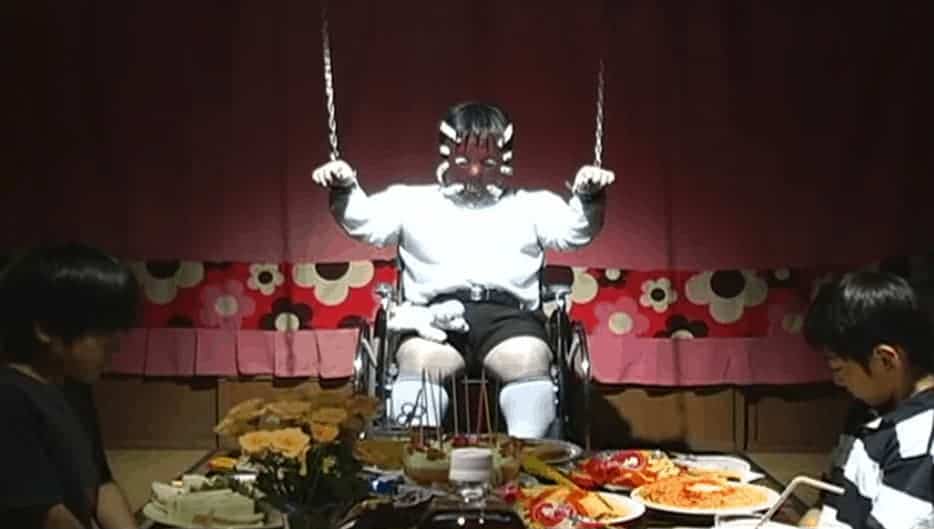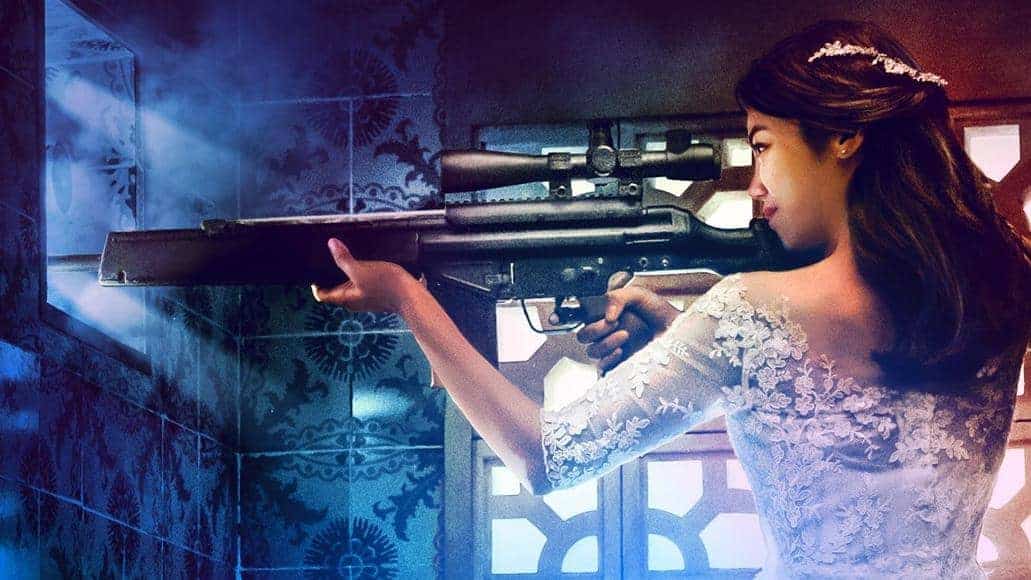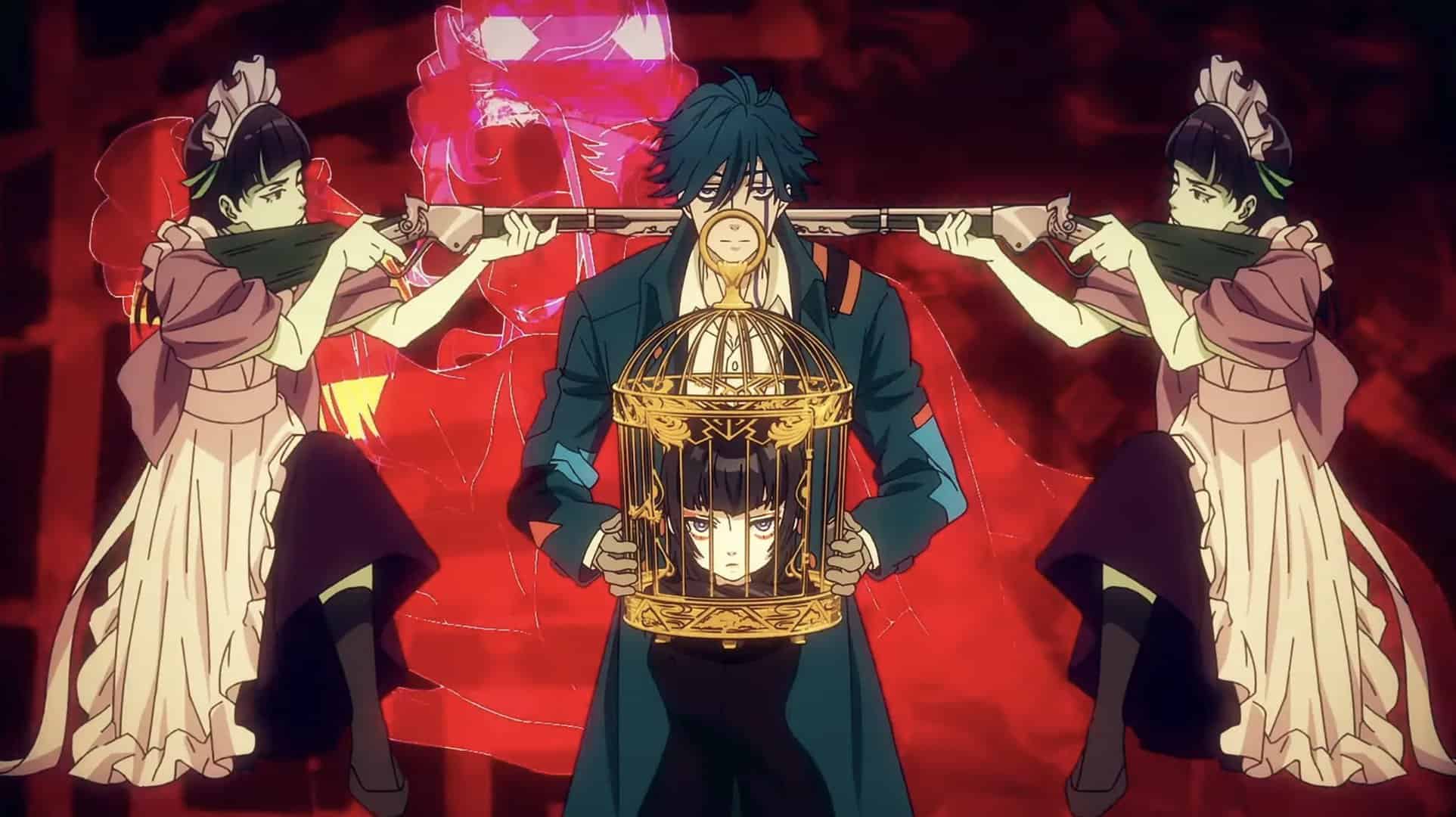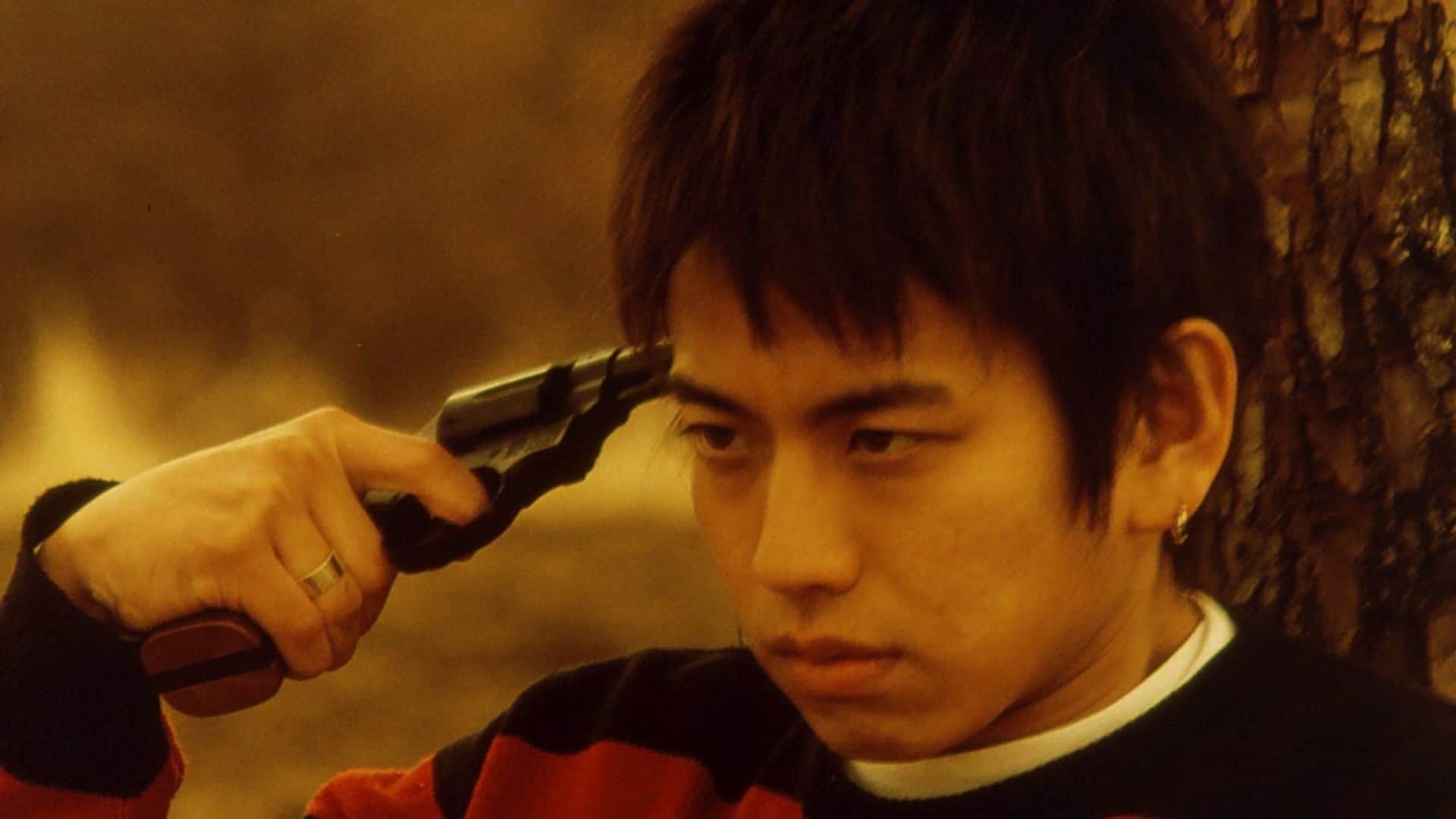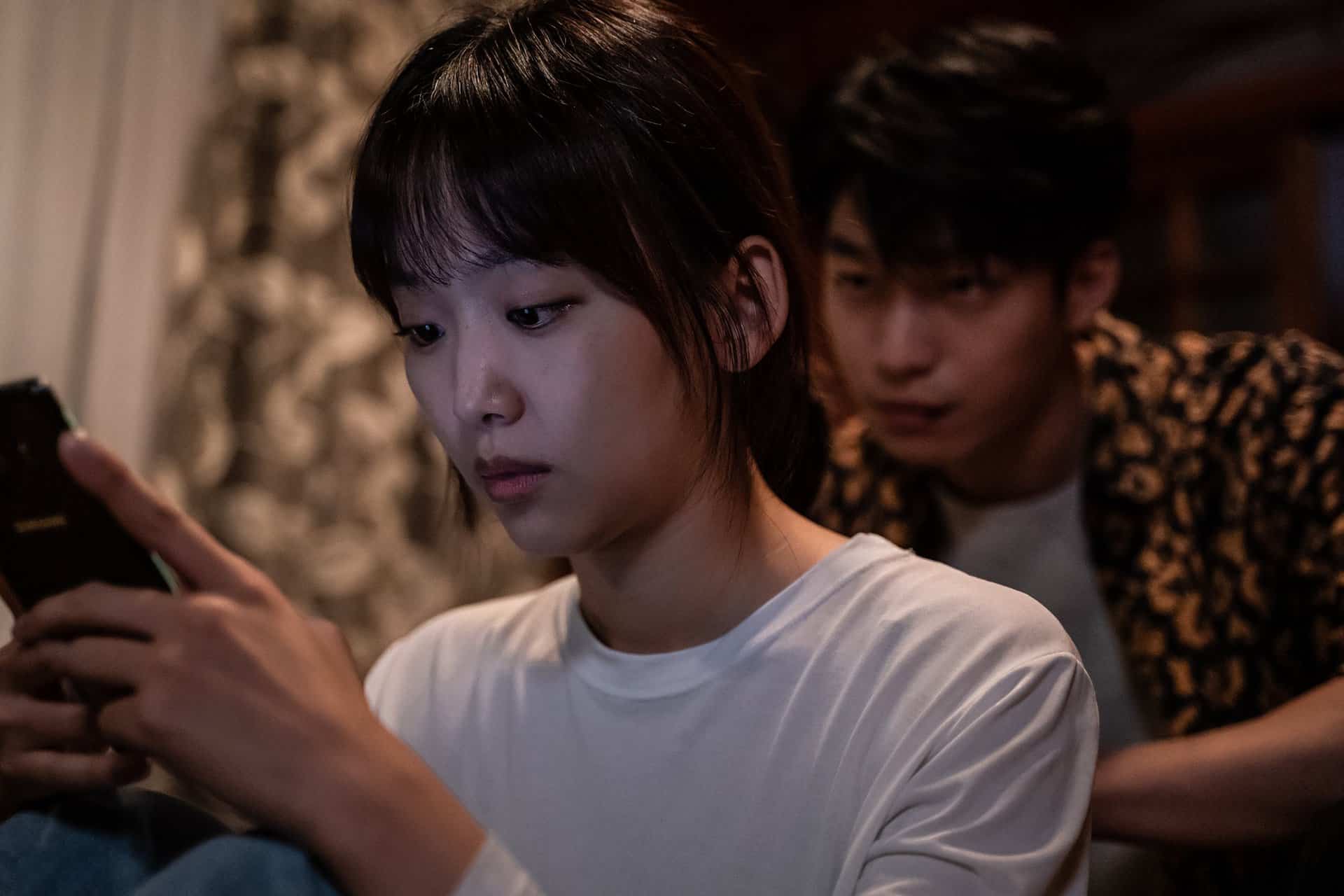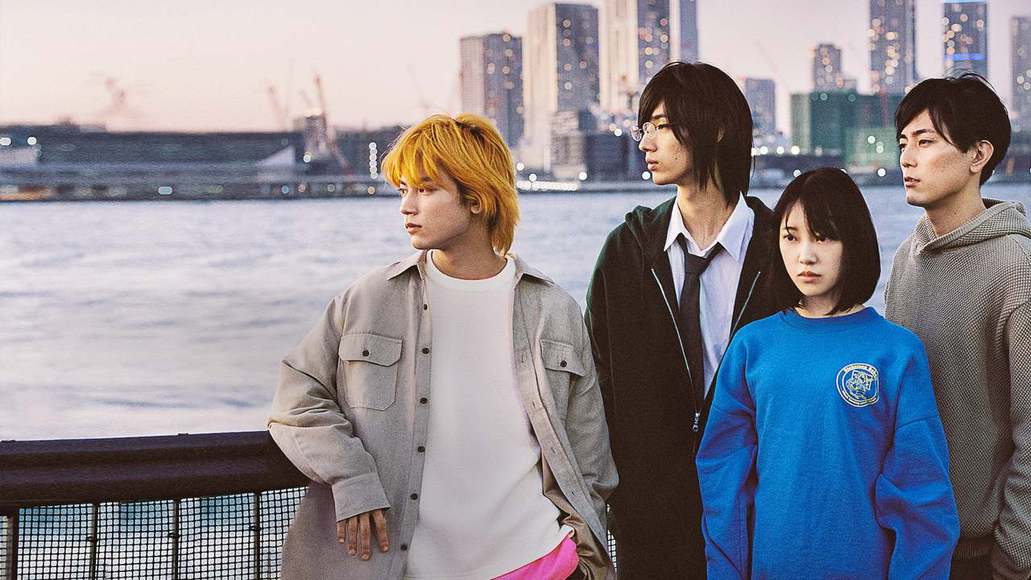After the accidental death of her son, a young mother turns to black magic in order to resurrect him. However, because the ritual was not performed in time, the child comes back as a deformed monster craving human flesh. In an attempt to save him, the mother turns to her scientific knowledge and begins to hunt down children to transplant their parts on to her beloved Daio.
“The Boy From Hell” is screening at Slash Film Festival 2019
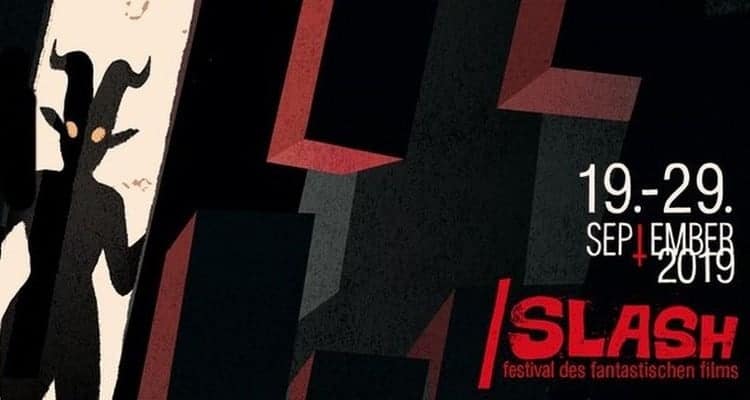
“The Boy From Hell” was originally a part of a limited TV series, which adapted works of the infamous Mangaka Hideshi Hino. Given the production was a TV release, fans of Japanese cinema, and especially low budget horror, will have some familiarity with the quality of these productions. This does not act as a deterrent, but rather a way to quickly summarize the overall quality. However, it is within these restraints that director Mari Asato manages to create an absurd masterpiece.
Within the short run time, there exists many creative choices that fans of “So bad they are good” films will recognize. Examples include; Green Screen Background while pretending to drive, painted backdrops used as location shots, and the use of a little person in place of a child for the titular “The Boy From Hell ”. The production is rife with questionable decisions by way of noticeable budget restraints. However, this adds a degree of charm to the production as the dedication and intuitiveness it takes to pull off larger concept on a small budget remains as one of the most admirable aspects of low budget horror.

The amount of concepts thrown at the screen does make it a bit more difficult to call critique to other aspects of the production. The performances, for example, become hard to critique in lieu of absurd scenarios and heightened emotional shifts. A good summary of the performances can be summed up in a scene where an actor feeds fake plastic birds with the most sincere smile. That sort of sincerity shows a great dedication to a role, but the context of the scene would make any performance feel wholly unnatural. Overall, as absurd as the production gets, the more serious approach within the acting roles did help keep the film somewhat grounded.
The audio presentation deserves some mention. The beginning of the production contains the TV series intro, which exists as one of my favourite horror tv intros, utilizing the common gimmick in Hino's work of cursing out the viewer. This intro, which also contains visuals from the manga, ends with a threat and a delirious laugh which segues well into the film. The score has some familiarity in mimicking more synth heavy “Giallo” productions which blend well with the visuals. The production also showcases some intriguing audio techniques in certain scenes, perhaps most notable in the trips into Hell, where voices are layered on top of each other resulting in the screams having an eerie effect.

“Boy From Hell” is a messy film, but somehow all the components work together to create something that feels wholly original. Given that the source material is from Hideshi Hino, who, within his works, constantly shifts between dark humour, horror and nihilistic themes. The film acts as an ideal embodiment of the mangaka's work in matching the strange pace, utilizing many sharp and bizarre turns. Ultimately, “Boy From Hell” is an uproarious ride of low budget practical effects tied together by an absurd premise. At a short run-time it is an ideal film to flow into something equally absurd or grotesque, making it an ideal experience for a crowd of like minded cinephiles.


